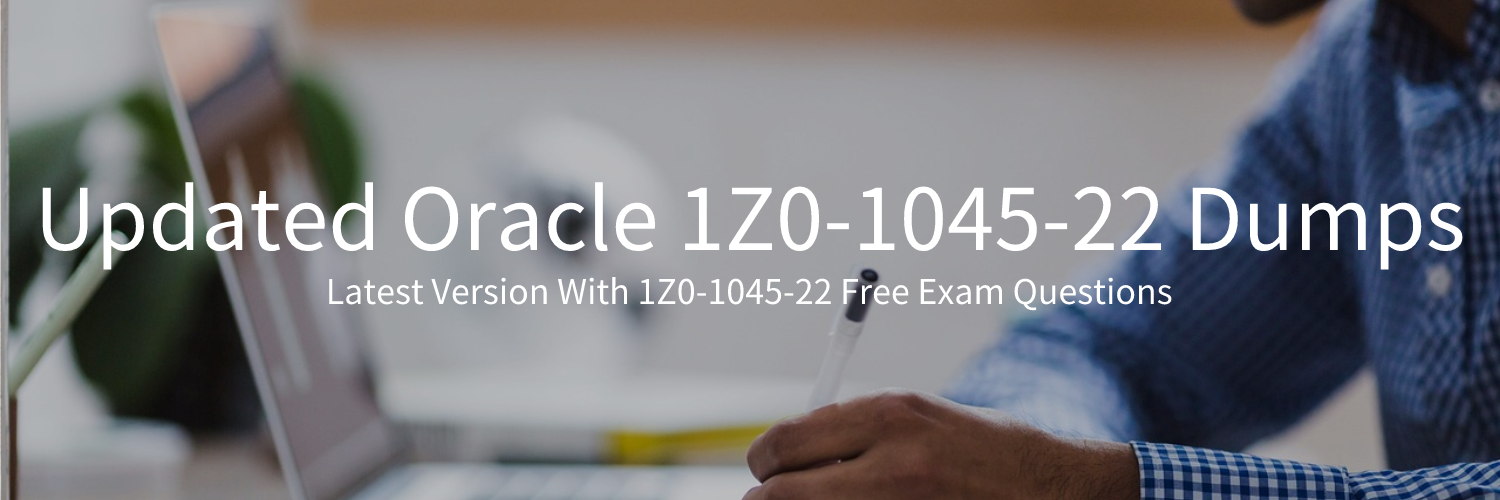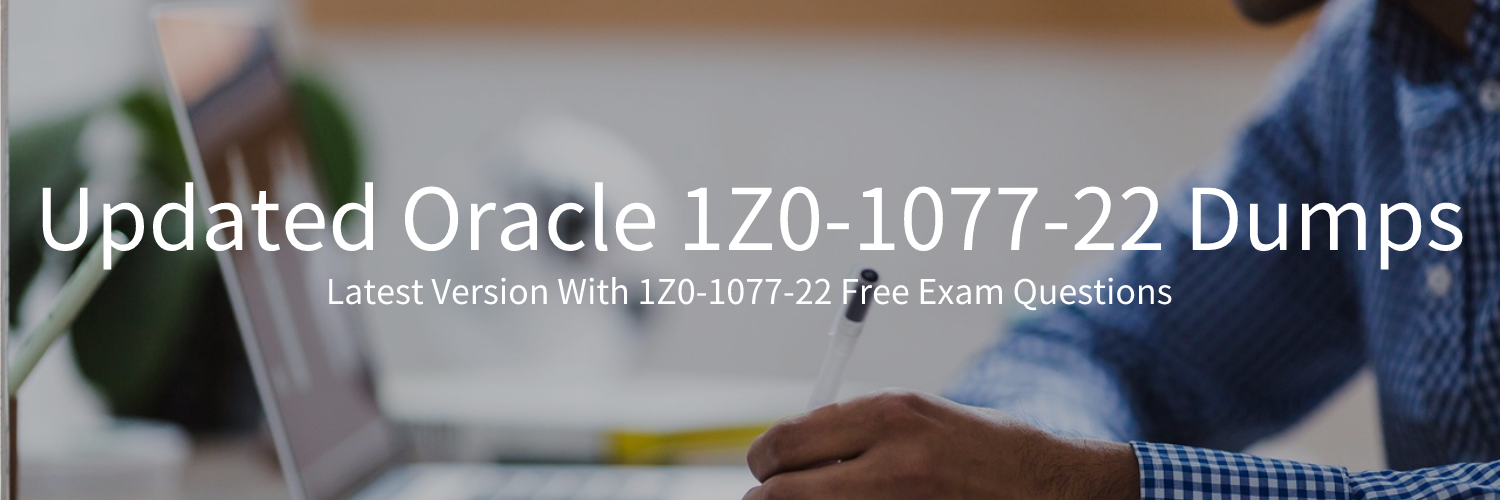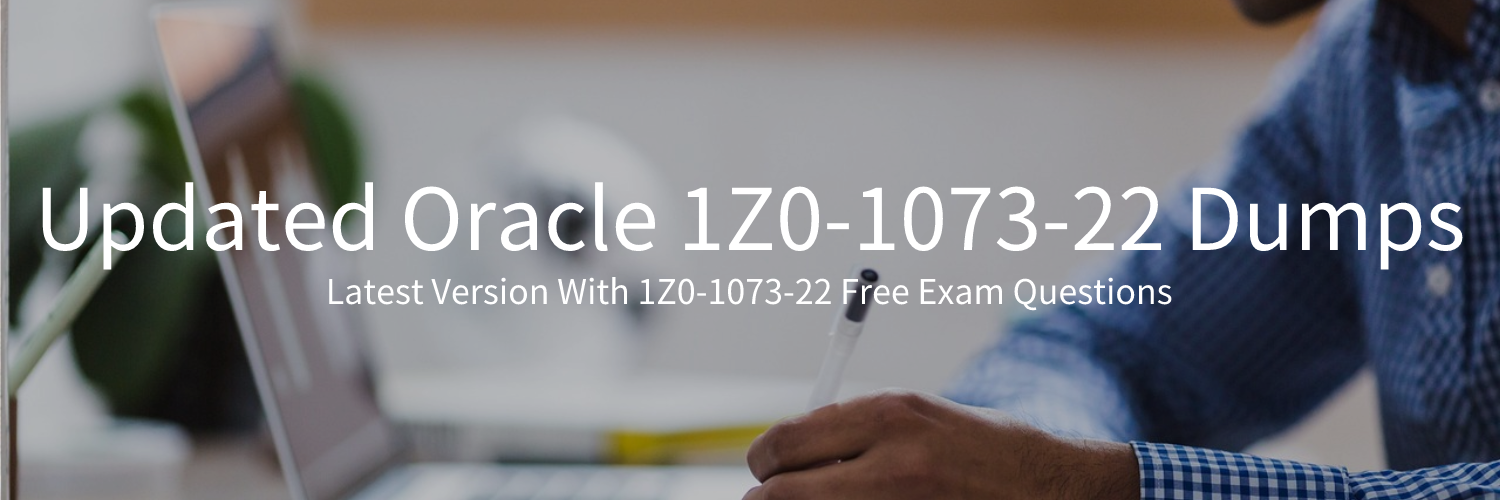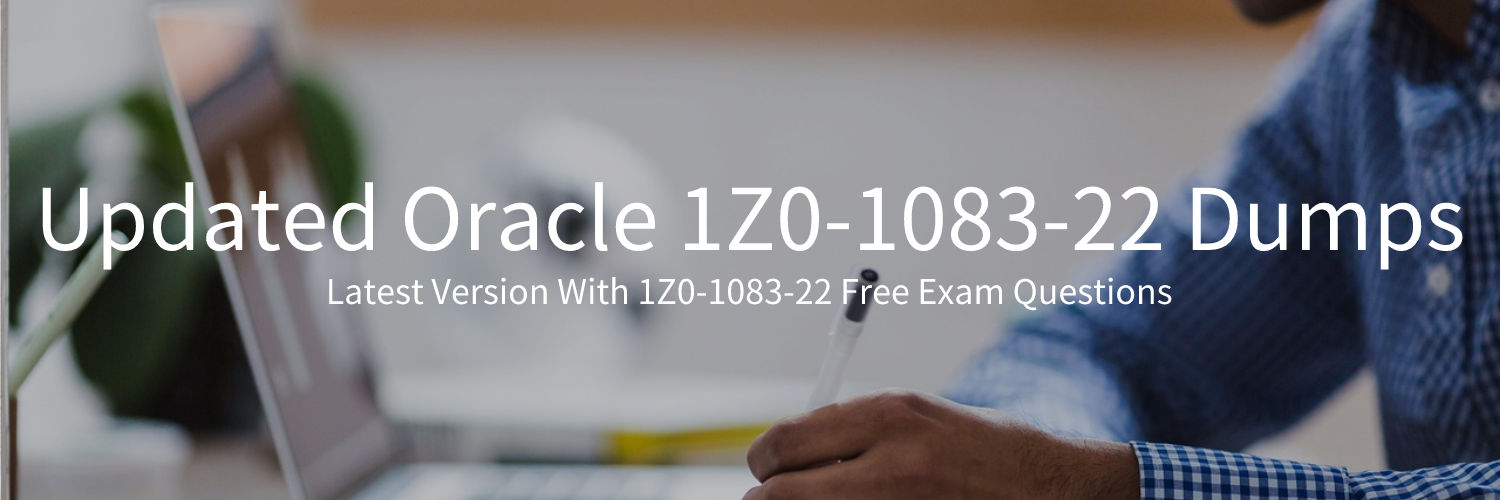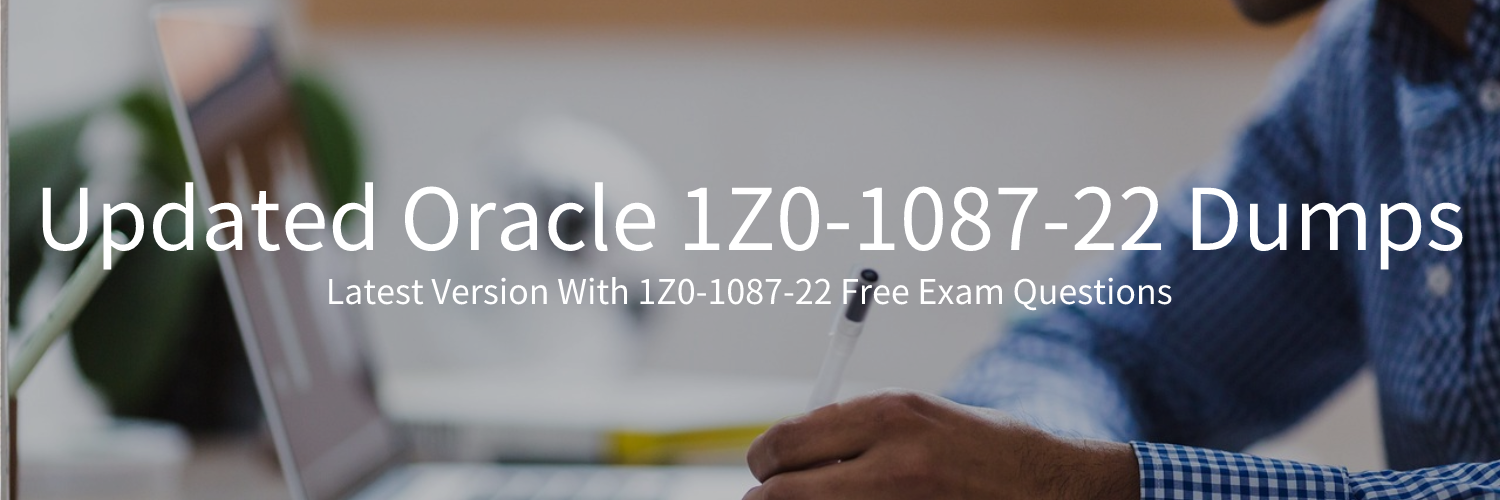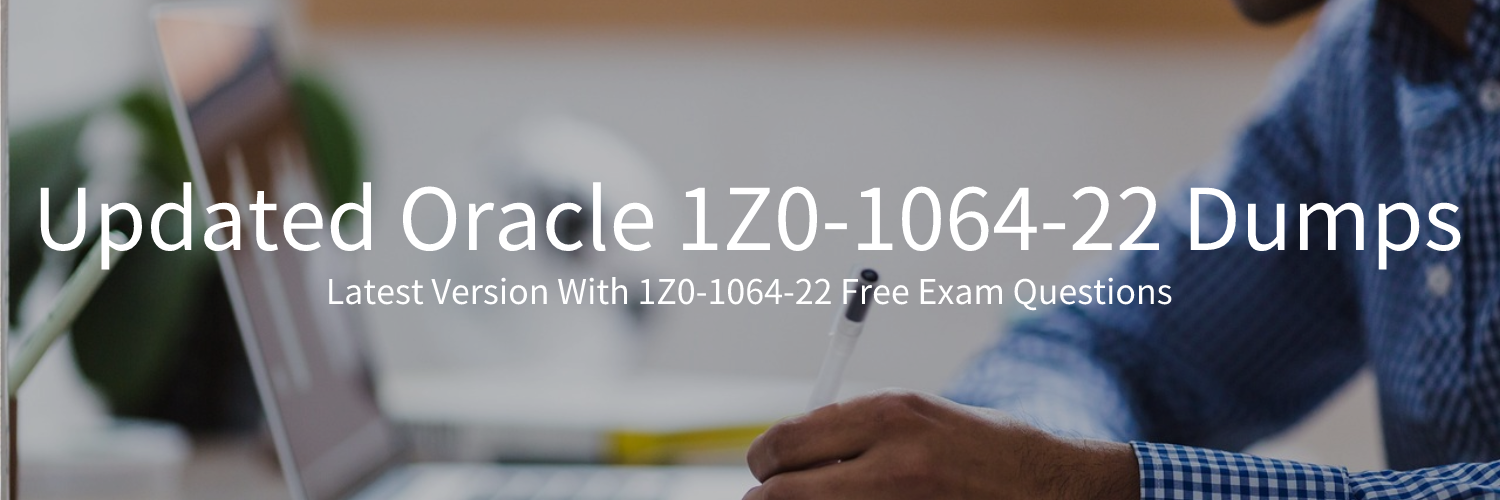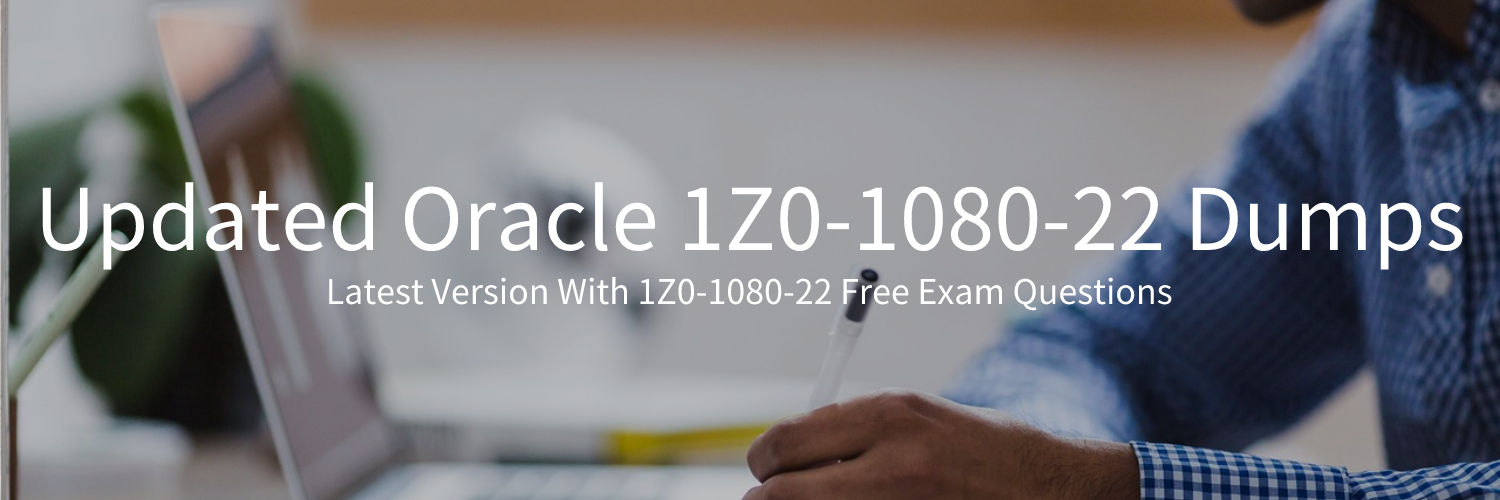
Updated Lead4Pass 1Z0-1065-22 Dumps Latest Version With 1Z0-1065-22 Free Exam Questions 2023-02

The latest version of the updated leads4pass 1Z0-1065-22 dumps with 1Z0-1065-22 free exam questions helps you easily pass the challenging Oracle 1Z0-1065-22 exam.
leads4pass has completed the 1Z0-1065-22 dumps https://www.leads4pass.com/1z0-1065-22.html latest version update, providing you with the latest 160+ exam question and answer questions (PDF or VCE), all of which match the exam content and ensure that you can pass.
Not only that but leads4pass shares the latest 1Z0-1065-22 free exam questions with you to study.
[100% Free] Free Share 1Z0-1065-22 Dumps With Real Exam Questions
Question 1:
You are setting up Oracle Cloud Sourcing. You would like participants to provide Insurance and Freight cost for the quotation/RFQ (Request For Quotation) lines. Identify the configuration that will fulfill thisrequirement.
